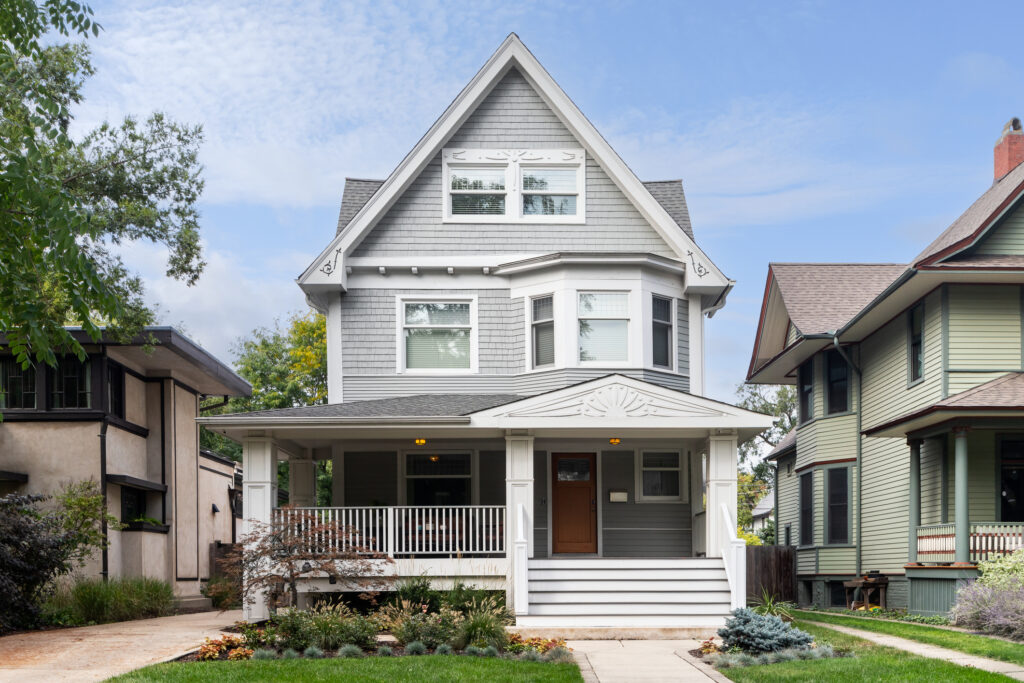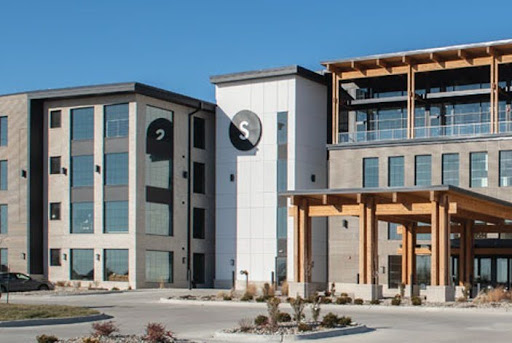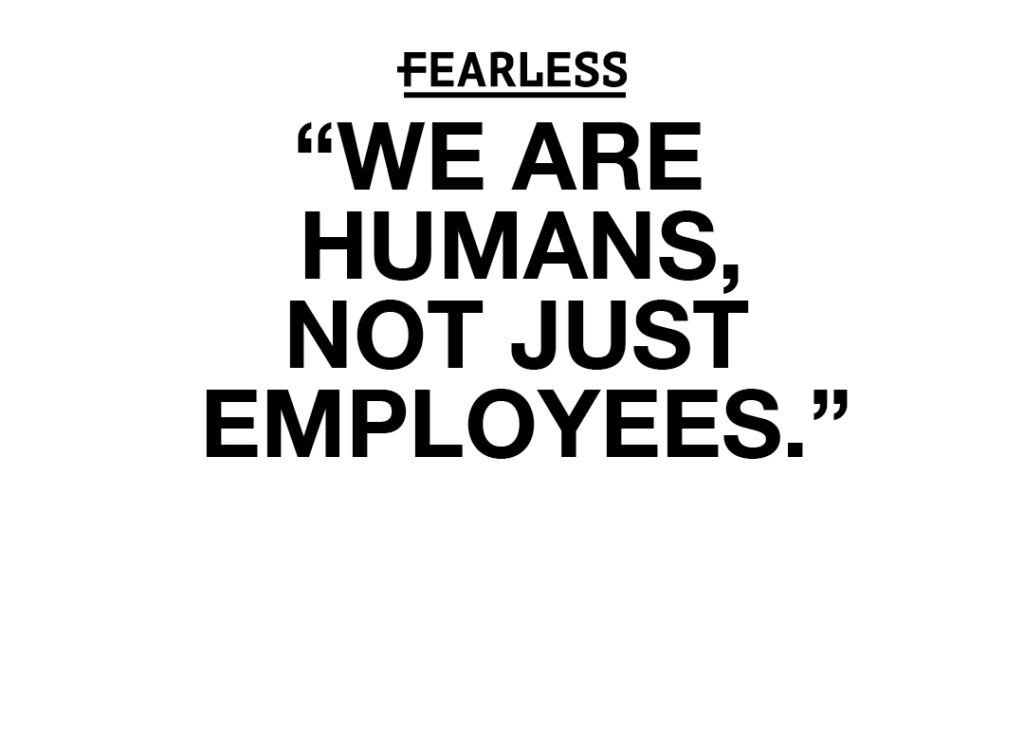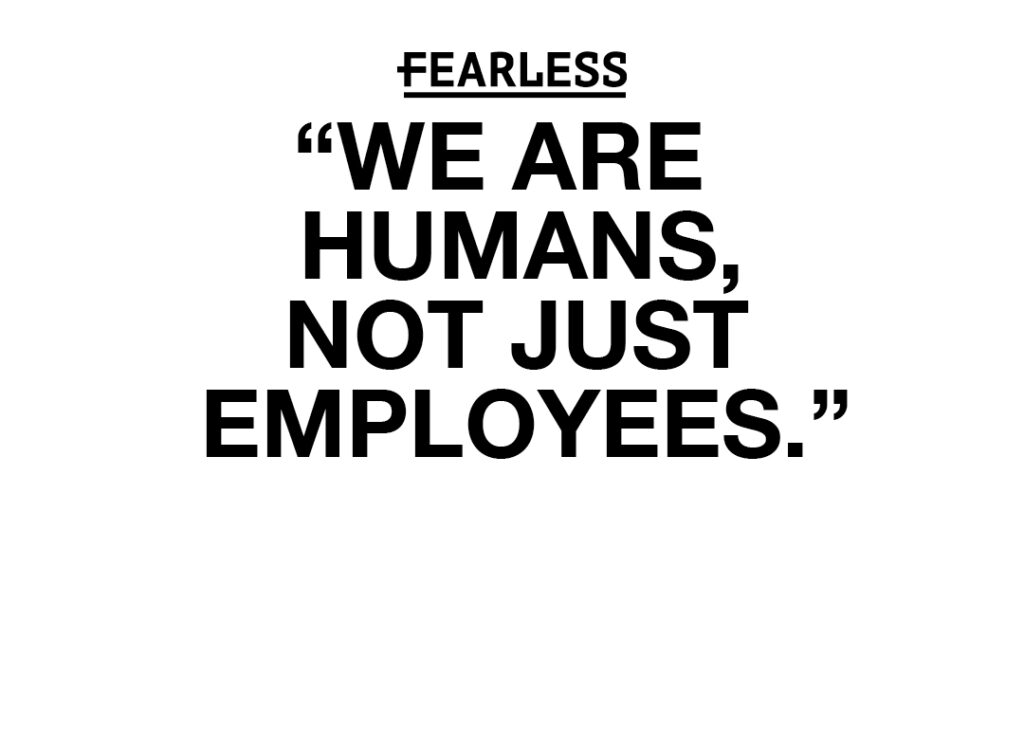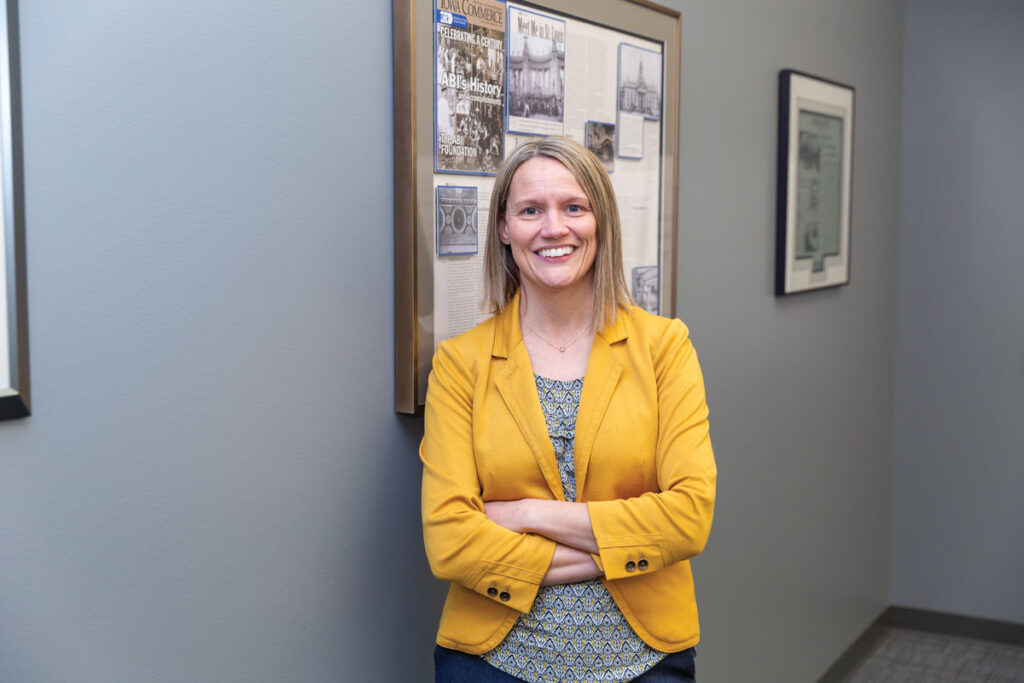The Elbert Files: What won’t they do this year?

DAVE ELBERT Jan 12, 2015 | 2:25 pm
3 min read time
617 wordsBusiness Record Insider, Government Policy and LawThe 2015 session of the Iowa Legislative will be a dud, a big zero. It won’t accomplish one thing worth remembering 10 years from now. I make that prediction because I know that very few legislative sessions do anything truly noteworthy.
Lawmakers waste much of their time working on issues that could, and usually should, be handled by others. That’s because it’s easier to debate which day school should begin than to tackle real problems.
When meaningful issues are addressed, the result is often flawed laws that require follow-up work, which sometimes gets done but often does not. That’s why the same issues surface year after year and some sessions seem to never end.
If you don’t believe me, answer this question: When was the last time the Iowa General Assembly did something that significantly improved the lives of a majority, or even a significant minority, of Iowans? I can think of only two instances in recent history.
One was the overhaul in 2012 of commercial property tax assessments, a common-sense change that was more than a decade in the making.
The other was the Vision Iowa Fund created under former Gov. Tom Vilsack. Vision Iowa may have been the single most creative piece of legislation in my lifetime. It changed the state’s landscape by providing matching grants for a wide array of cultural and recreational projects. Vision Iowa succeeded because it required strong financial and emotional buy-ins from local communities before handing over matching grants.
It was a great example of the way government is supposed to work but rarely does. You can’t expect that kind of innovation every year.
This year, I’d settle for moving forward on just one of the many significant problems Iowa faces, such as doing something to protect our rivers and streams, which are among the nation’s most polluted.
Why Gov. Terry Branstad, who has served the longest of any governor in any state, won’t spend any of his large accumulation of political capital on this disgraceful situation is a mystery to me. Things are so bad that Des Moines Water Works has said it will sue three upsteam counties where pollution is occurring.
“We have no choice,” Water Works Chairman Graham Gillette told The Des Moines Register. “This is the only way we can engage government, especially the state of Iowa, in a serious discussion.”
Nor have lawmakers or the governor provided productive leadership for Iowa’s growing transportation needs. It’s been evident for several years that some significant change involving the gasoline tax is needed, but nothing gets done. Iowa drivers are left to their own devices for negotiating crumbling roads and unsafe bridges. Meanwhile, lawmakers bury their heads to avoid increasing the gas tax and ignore the growing need for more mass transit options in and between our cities.
Another long-standing need involves city budgets. Iowa’s largest cities face structural deficits with expenses increasing 4-5 percent each year while revenues grow only 2-3 percent. That mismatch is largely the result of legislative mandates that provide no offsetting revenue.
Other perennial problems involve education, workforce development, health care and technology issues. You’re unlikely to see much progress in any of those areas this year.
What you will hear is a lot of talk about issues that could be handled by others, including when school should start, whether medical marijuana should be allowed and the merits of a new oil pipeline.
And don’t expect any meaningful solutions from Gov. Branstad. His gas tax proposal last week to create a local-option gas sales taxes was a joke.
Besides, he’ll be too busy shaking hands in each of Iowa’s 99 counties to work on meaningful solutions to real problems.





